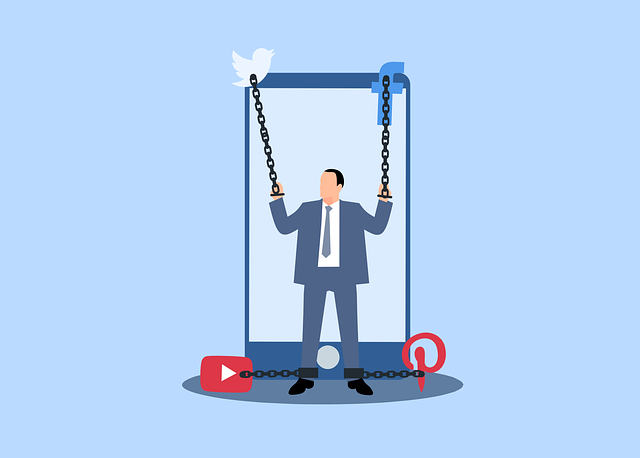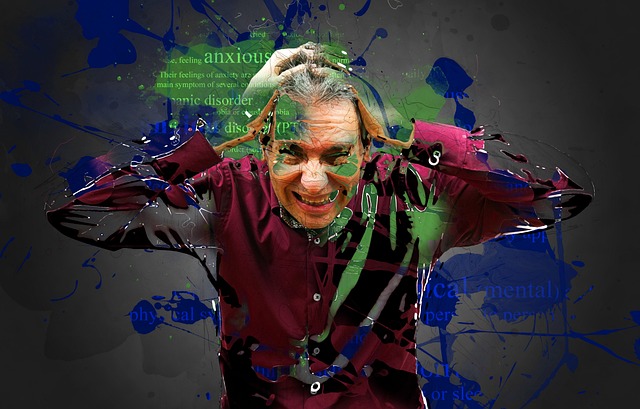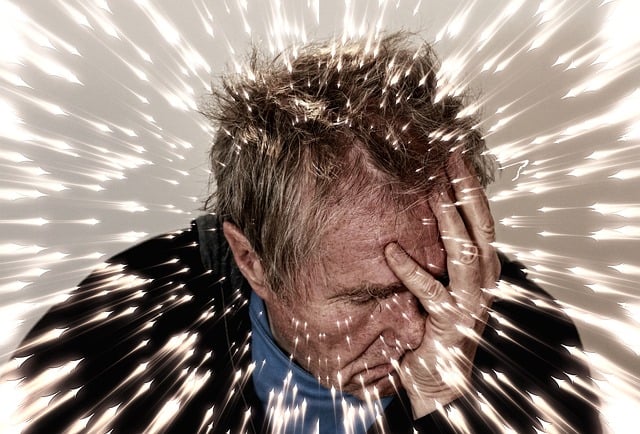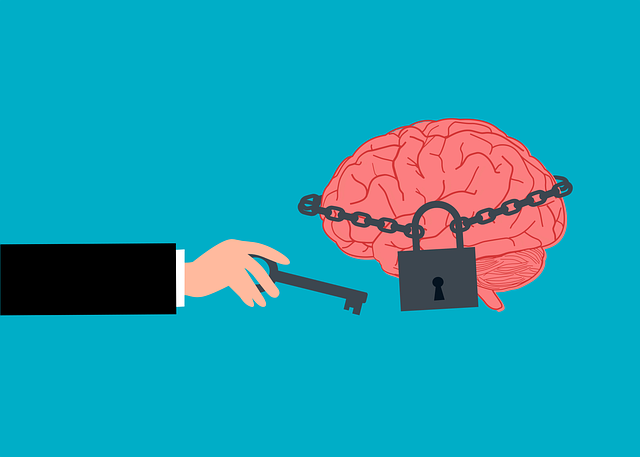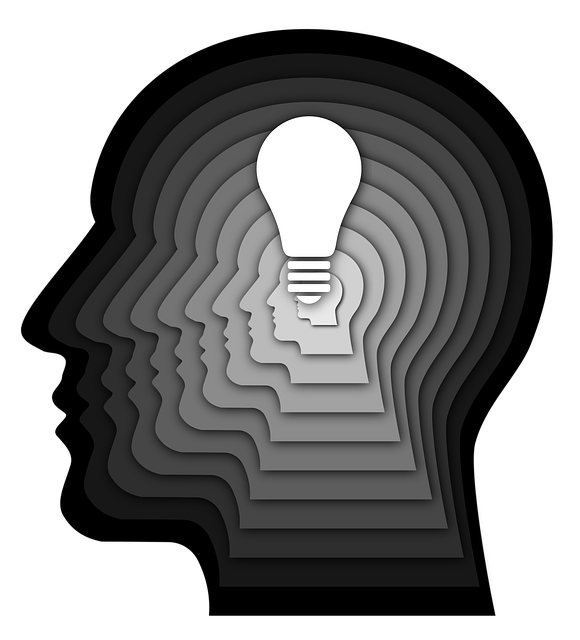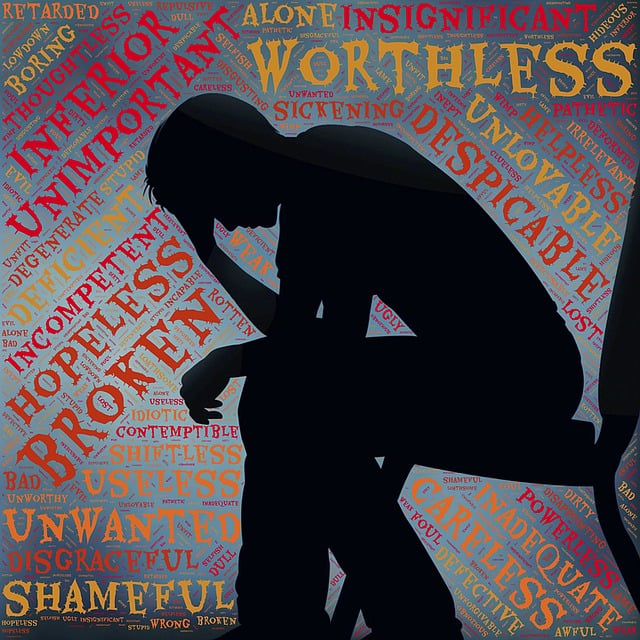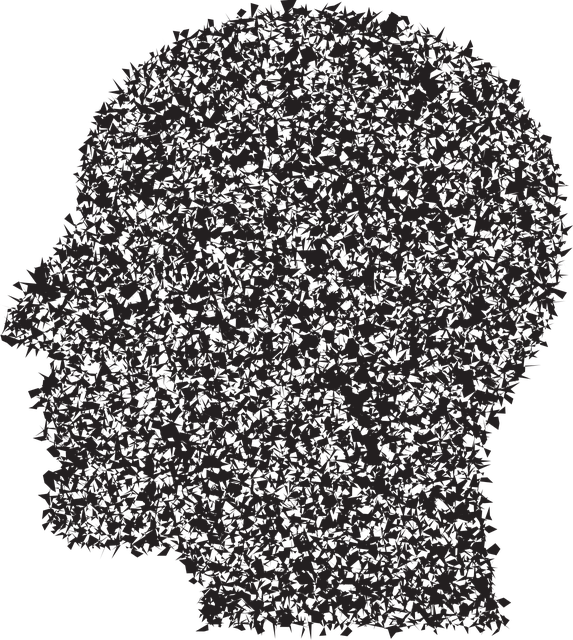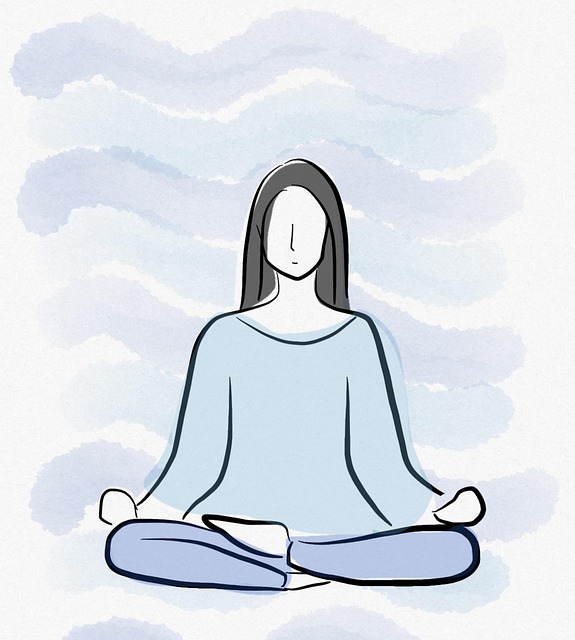RFM (Resilience, Flexibility, Mobilization) is a transformative therapeutic approach tailored for elders seeking enhanced well-being, integrating physical movement, emotional awareness, and stress management from Somatic Experiencing (SE). This holistic therapy improves the mind-body connection, boosting physical health, flexibility, and emotional intelligence. By promoting active lifestyles through public campaigns and development programs, RFM has the potential to revolutionize elder care, empowering seniors to navigate aging with grace, adaptability, and control over their mental health. SE techniques, including deep breathing and progressive muscle relaxation, encourage emotional release and positive thinking for overall mental wellness among older adults.
Resilience is key to elder care, especially in today’s digital era. This article explores an innovative approach, combining RFM (Resilience, Flexibility, and Mobility) with Somatic Experiencing Techniques to enhance therapy for elders. We delve into the benefits of RFM for maintaining independence and quality of life. Additionally, we provide practical steps for implementing these techniques, from creating a supportive environment to fostering effective therapy for elders using somatic experiencing.
- Understanding RFM and its Benefits for Elders
- Implementing Somatic Experiencing Techniques in Resilience Building Exercises
- Creating a Supportive Environment for Effective Therapy
Understanding RFM and its Benefits for Elders

Understanding RFM (Resilience, Flexibility, and Mobilization) is a powerful approach to enhancing the well-being of elders in today’s fast-paced world. This therapeutic model draws from Somatic Experiencing, focusing on the mind-body connection to promote resilience among seniors. By combining physical movement, emotional awareness, and stress management techniques, RFM offers a holistic therapy for elders, helping them navigate the challenges of aging with grace and adaptability.
The benefits are significant, addressing not only physical health but also mental and emotional aspects. RFM exercises can improve flexibility and strength, reduce muscle tension, and enhance overall mobility, making daily tasks easier. Moreover, it fosters emotional intelligence by teaching seniors to recognize and manage their stress responses, thereby reducing the impact of mental illness stigma and promoting a sense of control over their lives. Through public awareness campaigns and development programs focused on emotional well-being, RFM has the potential to revolutionize care for elders, encouraging a more active and fulfilling lifestyle.
Implementing Somatic Experiencing Techniques in Resilience Building Exercises

Implementing Somatic Experiencing Techniques in Resilience Building Exercises offers a transformative approach to therapy for elders, focusing on the mind-body connection to foster mental wellness. These techniques, developed by Dr. Peter Levine, harness the power of physiological responses to help individuals process traumatic experiences and promote anxiety relief. By integrating Somatic Experiencing into resilience building exercises, eldercare facilities can create holistic programs that go beyond traditional therapy for elders.
This method encourages participants to explore and release repressed emotions and physical tension through a range of activities that stimulate the body’s natural healing responses. Such practices include deep breathing exercises, progressive muscle relaxation, and guided imagery, which collectively contribute to the development and maintenance of positive thinking among older adults. Moreover, these techniques can be seamlessly incorporated into Mental Wellness Coaching Programs designed specifically for this demographic, enhancing their overall well-being.
Creating a Supportive Environment for Effective Therapy

Creating a supportive environment is paramount for effective therapy, especially when focusing on resilience building exercises for elders. This involves ensuring a safe and comfortable space where individuals feel empowered to share their experiences and engage in therapeutic activities. For older adults, incorporating techniques like Somatic Experiencing can be transformative, helping them process traumatic memories and develop coping strategies. A well-structured setting, free from judgment, encourages participants to explore their emotions openly, fostering trust between the therapist and client.
The ambiance should promote a sense of belonging and respect for individual differences. This is particularly crucial in healthcare settings where cultural competency training for healthcare providers can significantly enhance care. By incorporating social skills training and self-care practices tailored to the needs of elders, therapy becomes more engaging and impactful. Such an environment not only facilitates emotional healing but also empowers seniors to navigate life’s challenges with enhanced resilience.
The integration of RFM and resilience-building exercises, enhanced by Somatic Experiencing techniques, offers a powerful therapeutic approach tailored for elders. By creating supportive environments that facilitate open dialogue and sensory engagement, these practices can significantly improve mental and emotional well-being. Incorporating Somatic Experiencing into therapy sessions allows professionals to help elders process traumatic memories and reduce stress responses, ultimately fostering resilience. This holistic method has the potential to revolutionize care for older adults, providing them with valuable tools to navigate life’s challenges and promote overall mental health.

